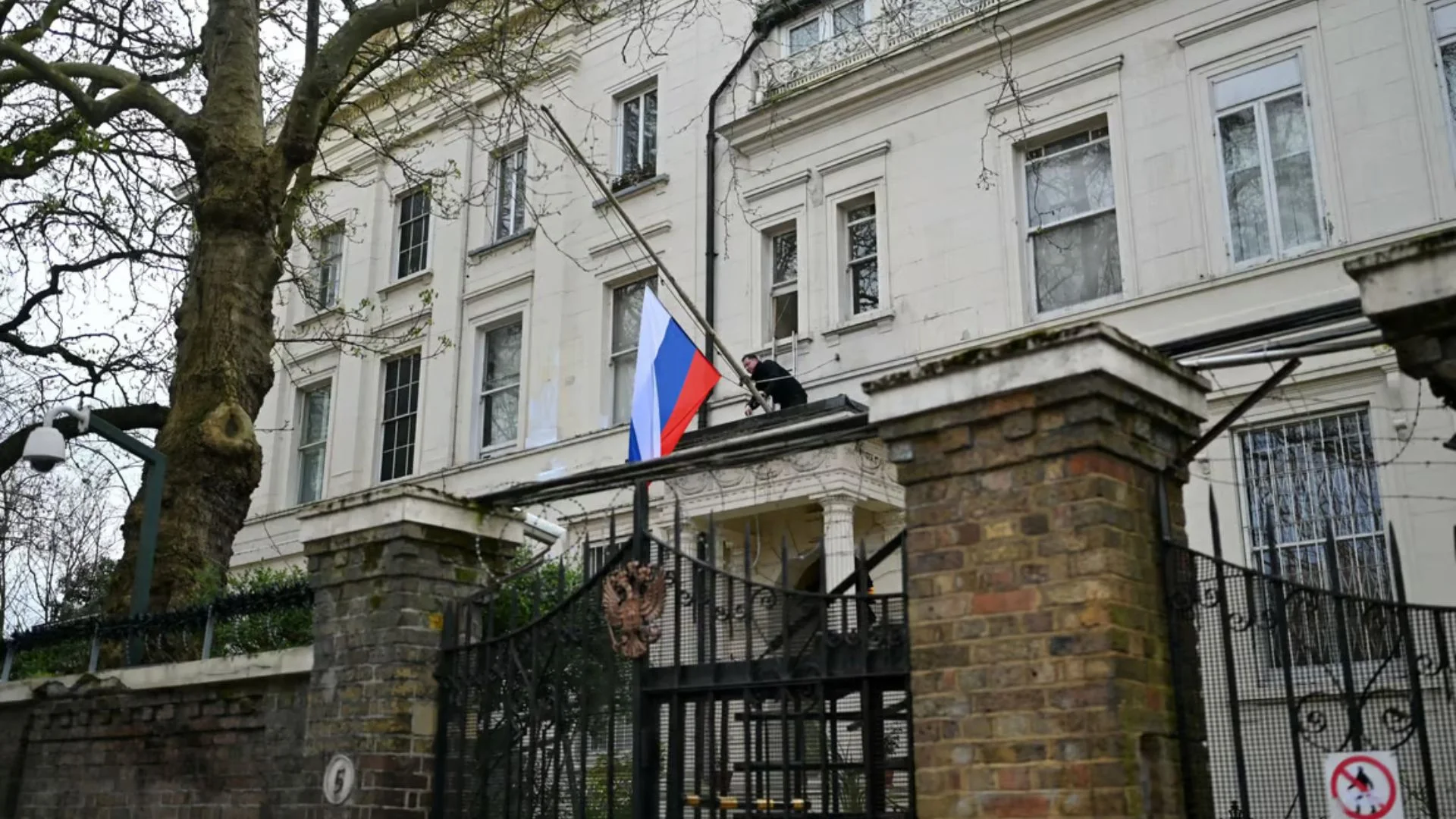In its third consecutive term, the Narendra Modi-led central government, also known as Modi 3.0, has prioritized critical advancements in science, technology, energy, and security to strengthen India’s position as a global economic power. Within the first 100 days of its term, the government has rolled out projects worth approximately Rs 15 lakh crore, focusing on national progress across key sectors.
Among the standout initiatives is the establishment of a Rs 1,000 crore venture capital fund for space startups, highlighting the government’s push for innovation in space technology. The successful launch of the EOS-08 satellite aboard the SSLV-D3 on August 16 further underscores this commitment. Additionally, a National Research Fund has been created with an allocation of Rs 50,000 crore, and the ‘Vigyan Dhara’ scheme has been introduced with a budget of Rs 10,500 crore to promote scientific research.
In a milestone achievement, the first National Space Day was celebrated in honor of the Chandrayaan and Mangalyaan missions, reinforcing India’s growing stature in space exploration. A semiconductor manufacturing unit is also being set up in Sanand, Gujarat, with an investment of Rs 3,300 crore, which will have the capacity to produce 6 million chips per day, making India the second-largest mobile producer globally.
In the field of disaster management, a national database and the Bhuvan Panchayat portal for rural land records have been developed. These technical advancements are designed to ensure better disaster preparedness and land management.
In the energy sector, the Modi 3.0 government has approved hydroelectric projects worth over Rs 12,400 crore under the Viability Gap Funding (VGF) Scheme, with additional projects worth Rs 4,100 crore in the Northeast. Offshore wind energy projects valued at Rs 7,450 crore have also been given the green light.
The second tranche of funding for the National Green Hydrogen Mission has been allocated for increasing domestic electrolyzer manufacturing capacity to 1.5 gigawatts annually. A Green Credit Programme for public sector undertakings (PSUs) has been launched to promote tree planting and environmental restoration, demonstrating the government’s commitment to sustainability.
In line with the push for renewable energy, the government is promoting the faster adoption and manufacturing of electric vehicles under the FAME-III scheme, and the JI-VAN Yojana is being utilized to advance the development of biofuels.
Prime Minister Narendra Modi was sworn in for his third term on June 9 at Rashtrapati Bhavan. His cabinet, comprising a blend of experience and youth, includes senior BJP leaders such as Rajnath Singh, Amit Shah, Nitin Gadkari, Nirmala Sitharaman, and S. Jaishankar, as well as new faces and first-time MPs.
The BJP-led National Democratic Alliance (NDA) secured its third consecutive victory in the Lok Sabha polls, declared on June 4, with 293 seats in total, 240 of which were won by the BJP.























